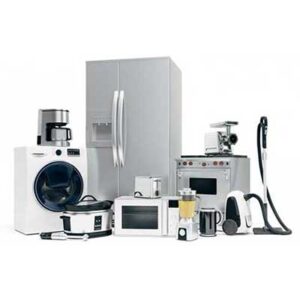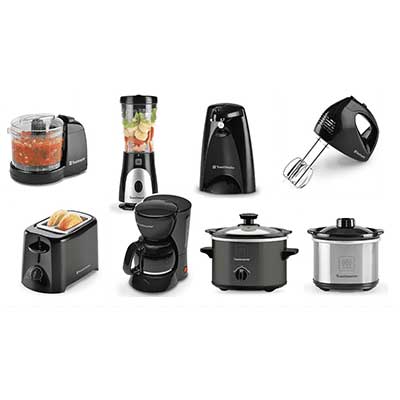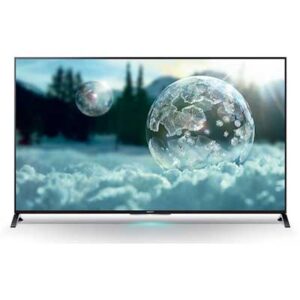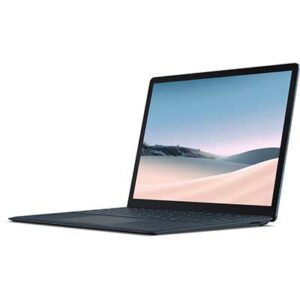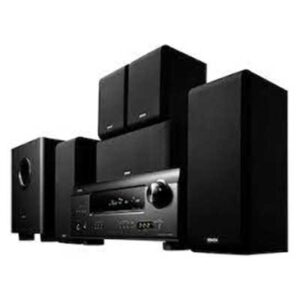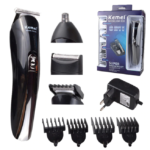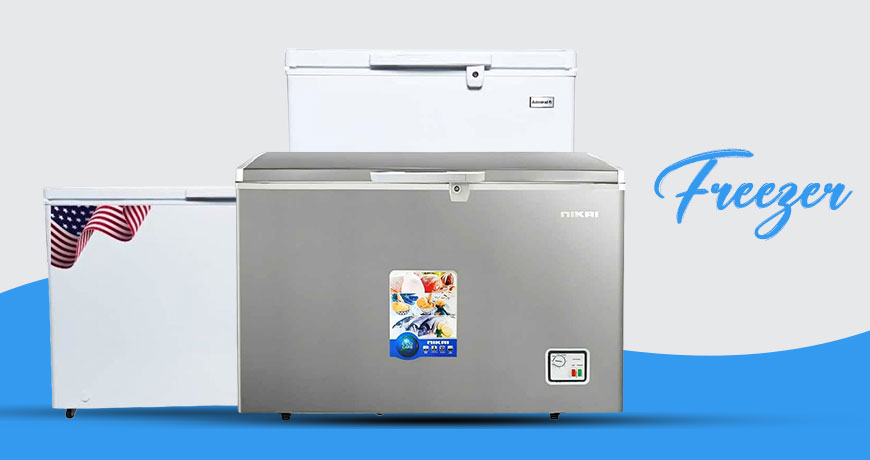Freezer, A Crucial Kitchen Appliance Leave a comment
Introduction
Kitchen appliances are essential to make our lives simpler and more productive in today’s fast-paced society. The freezer stands out among these appliances as a crucial instrument for food preservation, time savings, and waste reduction. The importance of freezers in contemporary kitchens, their many varieties, and how to choose the best freezer for your requirements are all covered in this article.
1. The Benefits of Having a Freezer in Every Kitchen
Daily grocery shopping might be difficult because of how hectic our lives are. With the help of a freezer, we may keep perishable goods for longer periods, cutting down on our need for frequent grocery shopping and decreasing food waste.
2. Available Freezer Types
There are many freezer types available to suit a range of needs:
Vertical Freezers
For small kitchens, upright freezers, which resemble conventional refrigerators, are the best option. They provide well-organized storage and convenient access to frozen goods.
Chest freezers
The top-opening design of chest freezers allows for a lot of storage. They can hold huge products like bulk meat purchases and are energy-efficient.
Built-in Freezers
Built-in freezers provide a streamlined and attractive appearance by being created to fit in seamlessly with your kitchen cabinets.
Drawer freezers
Due to its versatility and flexibility to be incorporated into kitchen islands or under worktops, drawer freezers are becoming more and more popular.
3. Things to Take Into Account When Choosing a Freezer
The following considerations should be considered while choosing a freezer for your kitchen:
Capability
Based on the size of your family and your needs for freezing, think about how much freezer space you’ll need.
Energy Efficiency
Choose a model that uses less energy to cut down on your power costs and carbon impact.
Defrosting Mechanism
Depending on your taste and convenience, choose between manual and frost-free defrosting modes.
Supplementary Features
Some freezers include added features that improve use and functionality, such as movable shelves, temperature control, and door alarms.
4. Ideas for Keeping Your Freezer Organised
To maximize freezer capacity and guarantee adequate food preservation:
Label and date the items
To keep an organized freezer and prevent food waste, use clear labels and date all goods before storing them.
Maintain an Inventory
To keep track of the goods in your freezer and schedule your meals appropriately, make an inventory of it.
Use storage bins
To organize various food products into categories and make it simpler to locate what you’re looking for, use storage containers.
Fifth Benefits of Owning a Freezer
Cost savings
Purchasing in bulk and keeping food frozen may result in considerable long-term cost savings.
Effectiveness of Meal Preparation
You may prepare meals in advance with a freezer, which can save you time on hectic weekdays.
Cutting down on food waste
With a freezer, you can store extra food, minimizing food waste and promoting a sustainable way of living.
6. Finalisation
In conclusion, the freezer is a crucial kitchen tool that has several advantages, including food preservation, time savings, and waste reduction. Depending on your demands and the available space, you may choose an upright, chest, built-in, or drawer freezer. Your kitchen life will surely become much simpler and more fun if you keep your freezer organised wisely and take use of all of its advantages.
Some Important FAQs
Q1: Is it possible to keep any kind of food in the freezer?
A1: Although the majority of foods can be frozen, certain things, such as eggs in their shells and some fruits and vegetables with a high water content, may not freeze well.
Q2: How often should my freezer be defrosted?
A2: It is advised to defrost manual defrost freezers at least once every six months or when the accumulation of ice exceeds 1/4 inch. Freezers without frost don’t need to be manually defrosted.
Q3: Can prepared food be frozen?
A3: Cooked food may be frozen without risk. Before putting it in the freezer, make sure it has cooled down to room temperature.
A4: Can freezers be maintained in a garage or other unheated area?
A4: It is important to verify the manufacturer’s instructions, even though certain freezers are made to handle high temperatures. Extreme cold may reduce the freezer’s effectiveness.
Q5: In the event of a power loss, what should I do?
A5: By keeping the freezer door closed during a power outage, you can maintain the chilly environment inside, keeping frozen foods fresher for longer. Transfer the most perishable things to a cooler with ice packs if the power loss lasts a long time.

